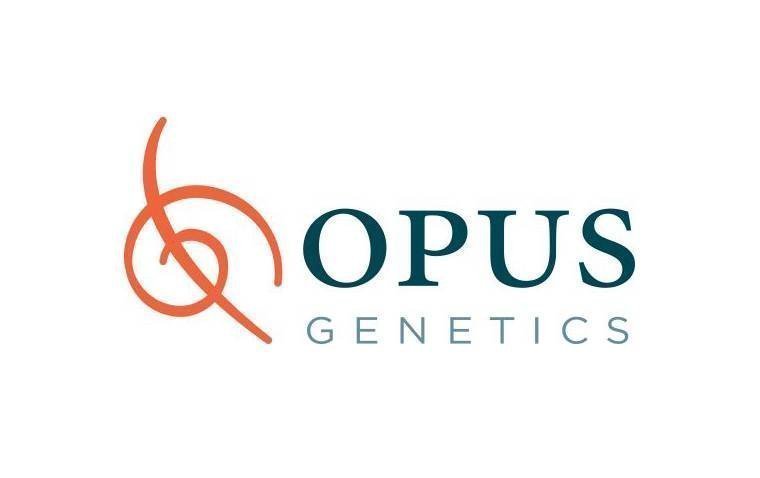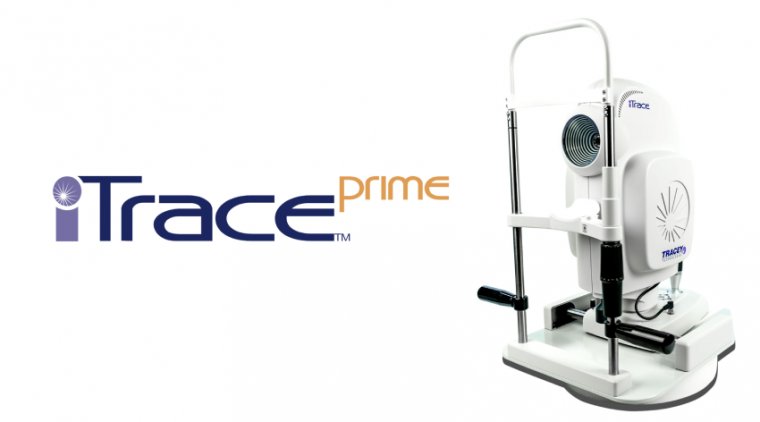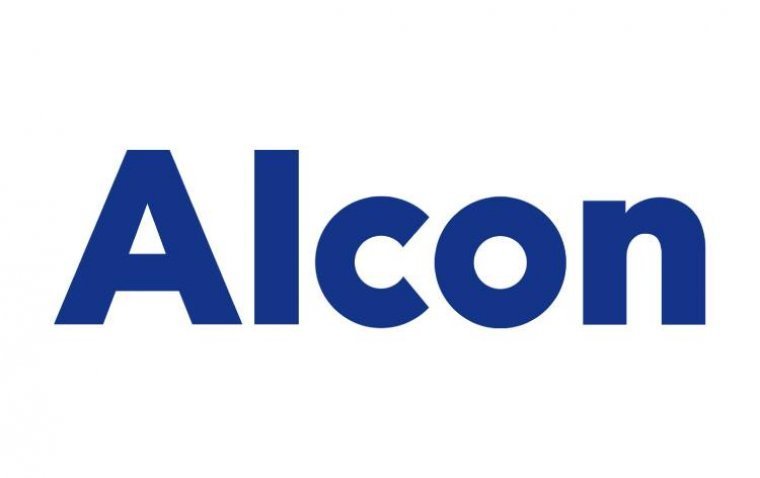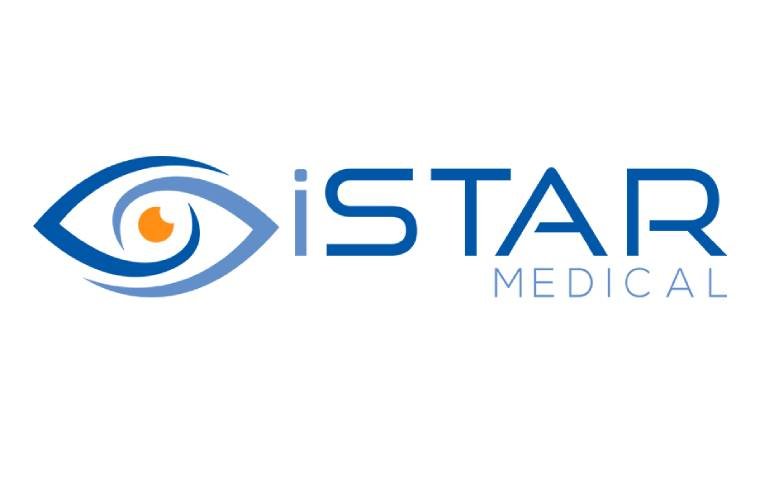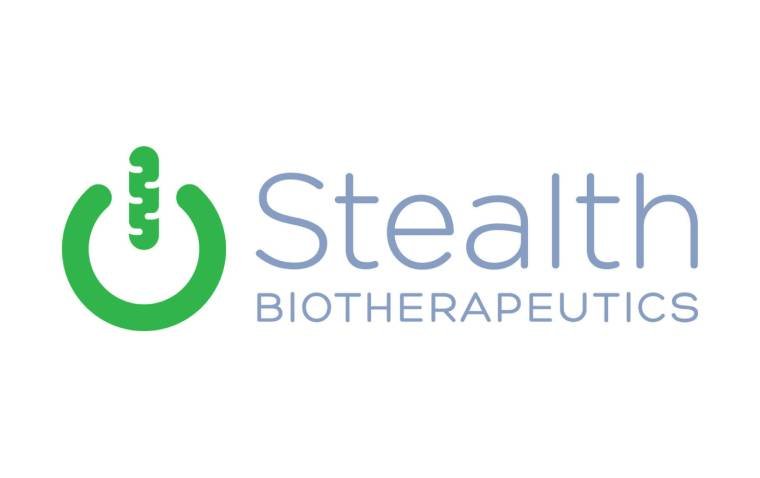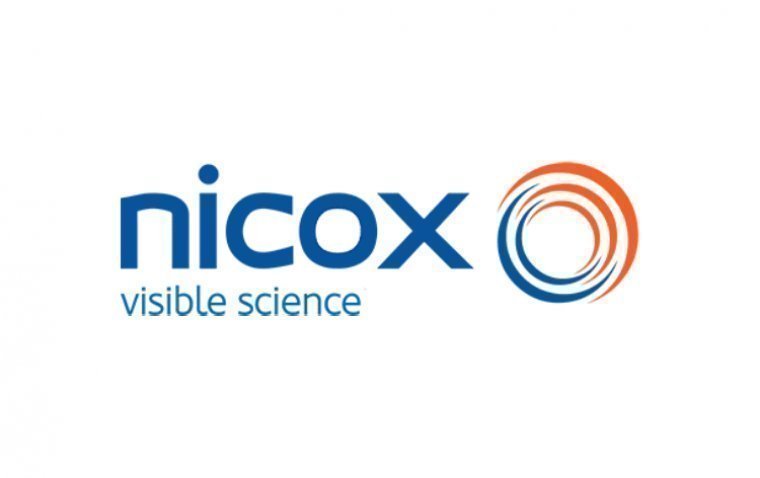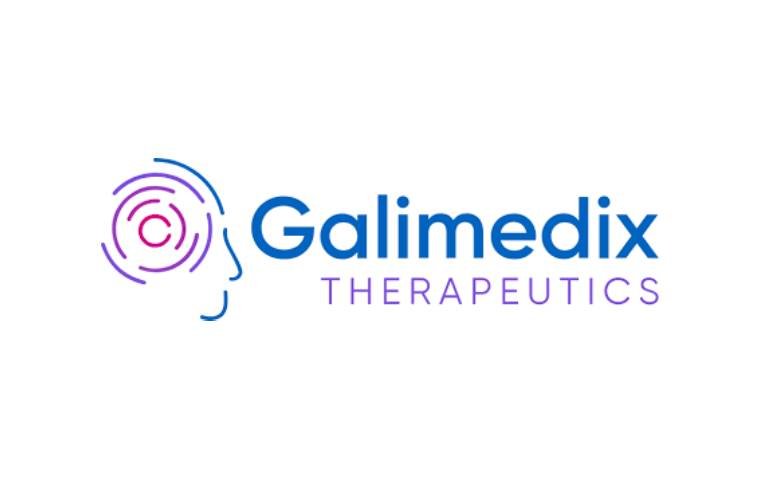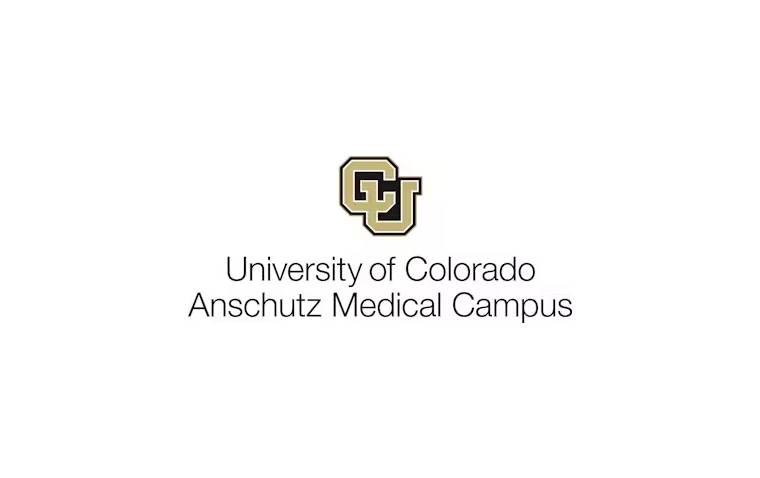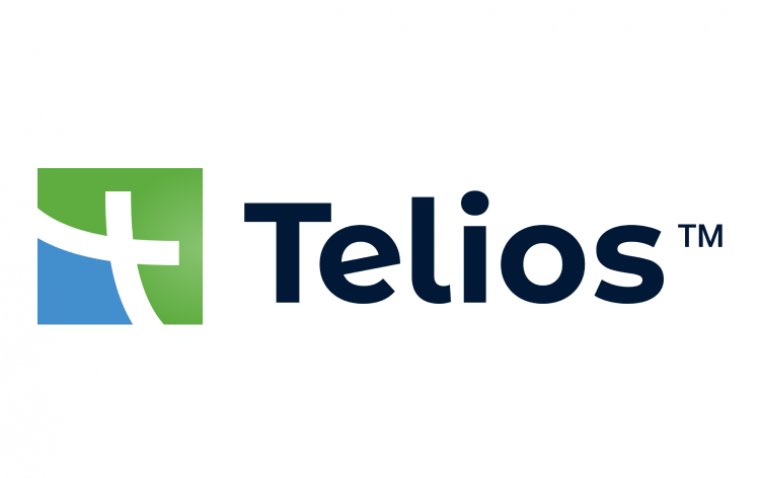
Telios Pharma's TL-925 Shows Promise in Dry Eye Disease Treatment
Telios Pharma, Inc. announced promising topline results from its Phase 2 study of TL-925, a pioneering topical Bruton’s tyrosine kinase (BTK) inhibitor, designed for individuals suffering from moderate to severe dry eye disease (DED).
Overview of the Study on TL-925
This proof-of-concept study, conducted across multiple centers, employed a randomized, double-masked methodology to rigorously assess the safety, tolerability, and efficacy of TL-925 against a vehicle control, with dosages administered twice daily over a span of 28 days.
The study included a total of 107 subjects diagnosed with moderate to severe DED. The findings were unequivocal: TL-925 not only proved to be safe and well-tolerated but also demonstrated clinically meaningful and statistically significant efficacy in comparison to the vehicle control across a variety of signs and symptoms of DED. Notably, the rapid onset of efficacy observed across multiple ocular regions, alongside favorable and consistent outcomes under diverse environmental conditions, firmly establishes TL-925’s unique standing as a safe, well-tolerated, and effective solution for patients grappling with DED.
Jesse McGreivy, CEO of Telios Pharma, expressed his excitement about the findings, stating, “We are thrilled by these findings and honored to have been selected to share our groundbreaking research with the ophthalmology community at ARVO. Our team is excited about advancing TL-925 through the next stages of clinical development with the aim of further demonstrating its ability to address the underlying cause of dry eye disease, an underdiagnosed and often poorly managed condition that affects many millions of people worldwide.”
Echoing this sentiment, George Ousler, the study’s lead investigator and Senior Vice President at Ora Inc., a globally renowned full-service ophthalmic research organization that managed the trial, highlighted the significance of the results. “I am highly encouraged by the breadth of positive results from this Phase 2 study and hopeful about the potential for TL-925 to impact the underlying pathology of DED,” said Ousler. “The results are among the most impressive that I have seen in my years working on dry eye clinical development programs. TL-925 is a promising and much-needed novel approach for the treatment of DED.”
Expanding the Horizon: TL-925 in Phase 2b Studies and Beyond
Buoyed by these promising results, a Phase 2b study of TL-925 in DED has already commenced, with patient enrollment currently underway. Moreover, TL-925’s efficacy extends beyond DED; a separate Phase 2 study focusing on allergic conjunctivitis (AC) has also reported clinically meaningful and statistically significant improvements in both itching and redness. These findings are slated for presentation at a medical congress later this year.
Dr. Gail Torkildsen, a board-certified ophthalmologist at Andover Eye Associates and principal investigator in both studies, underscored the broader implications of TL-925's efficacy. “Positive efficacy results in DED and AC demonstrate that TL-925 can effectively and rapidly halt the cycle of inflammation; these data also validate TL-925’s potential to target the underlying inflammatory mechanisms driving these diseases,” she remarked. “It is increasingly apparent that TL-925 may represent a significant leap forward for the effective treatment of DED and AC.”
Upcoming Presentation at ARVO Annual Meeting 2024
The complete results of this pivotal Phase 2 study will be showcased at the upcoming Association for Research in Vision and Ophthalmology (ARVO) Annual Meeting 2024, set to take place from May 5-9, 2024, in Seattle, Washington. This presentation is eagerly anticipated by the medical and ophthalmological communities, as it promises to offer in-depth insights into the therapeutic potential of TL-925, potentially altering the landscape of treatment options for dry eye disease and allergic conjunctivitis.
Dry Eye Disease
Dry Eye Disease (DED), also known as keratoconjunctivitis sicca, is a common condition affecting the ocular surface and tear film, leading to discomfort, visual disturbance, and potentially damaging the cornea and conjunctiva if left untreated. It arises due to inadequate tear production or excessive tear evaporation, which can stem from various factors including aging, autoimmune diseases, environmental conditions, prolonged screen use, and certain medications. Symptoms of DED range from persistent dryness, irritation, and a gritty sensation in the eyes to more severe manifestations like inflammation, pain, and blurred vision.
The impact of DED extends beyond physical discomfort, often affecting daily activities and quality of life. Management and treatment strategies for DED focus on restoring the normal quantity and quality of the tear film, alleviating ocular surface inflammation, and addressing underlying causes, which may involve the use of artificial tears, prescription medications, tear conservation methods, or more advanced interventions depending on the severity of the condition.
Reference:
(1).jpg)
